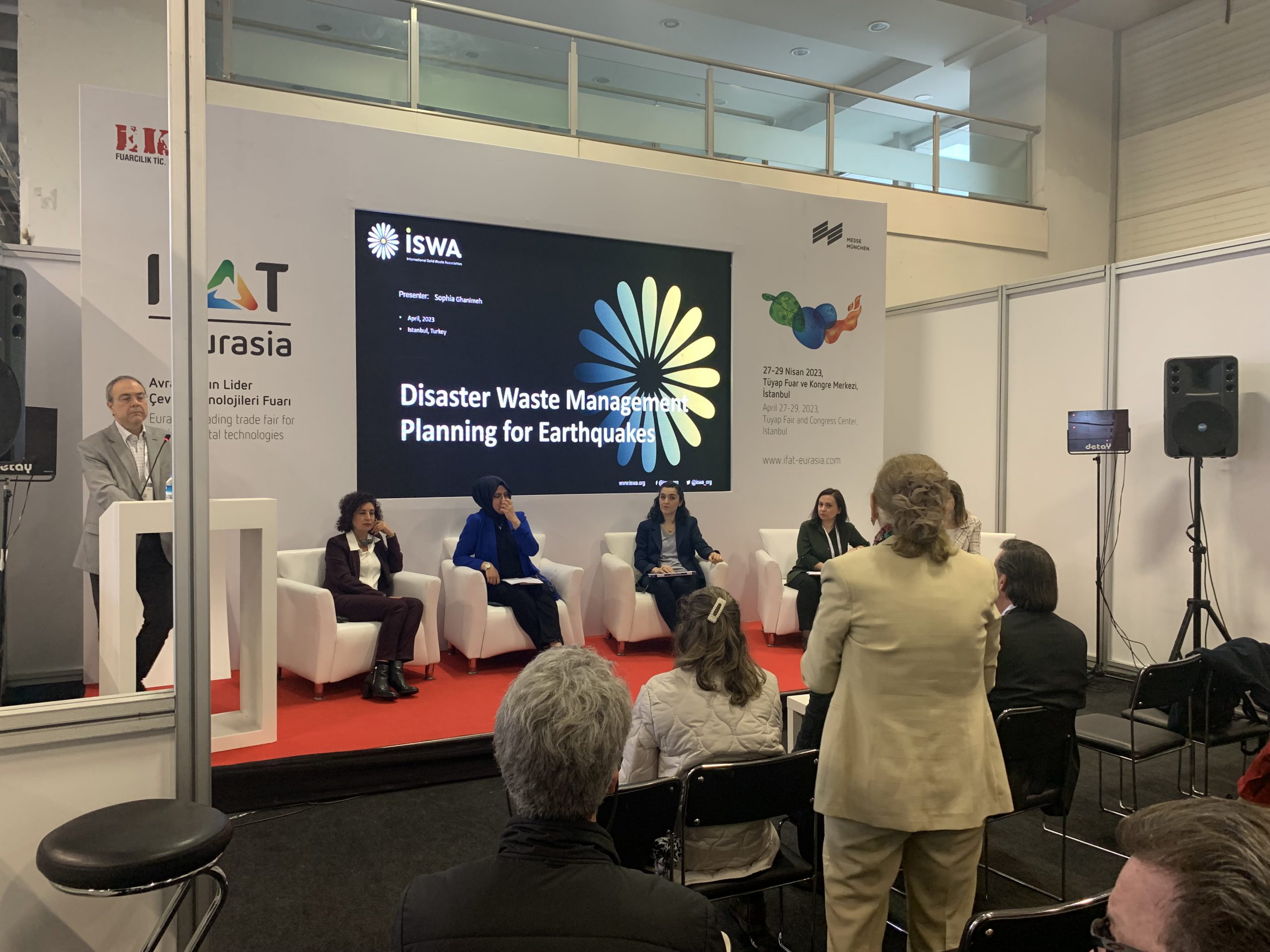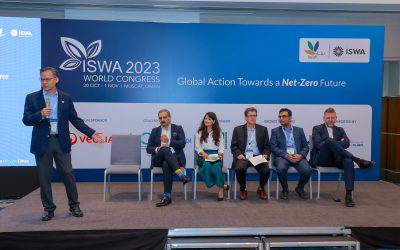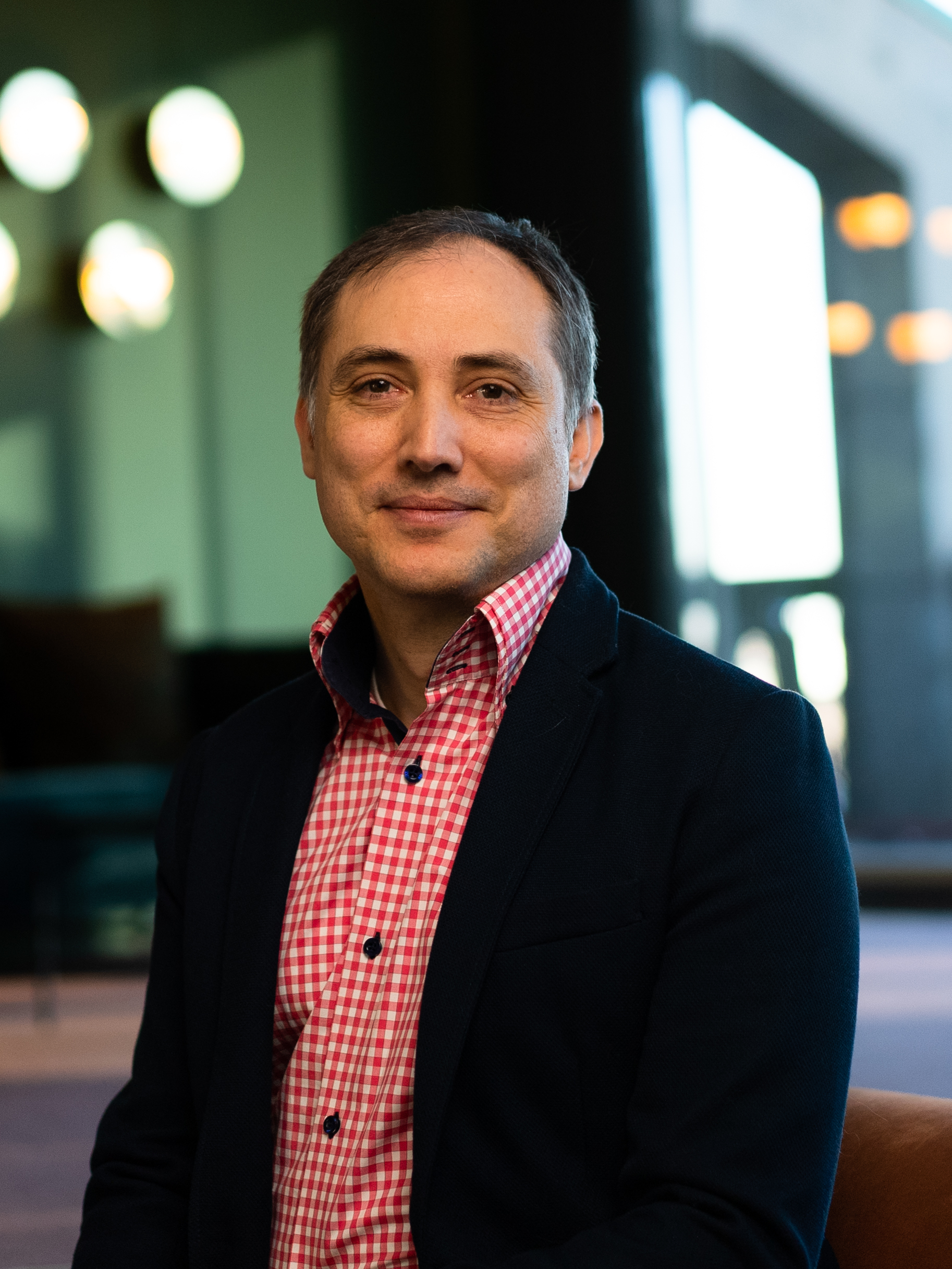
Jose Uribe
Operations Director ISWA
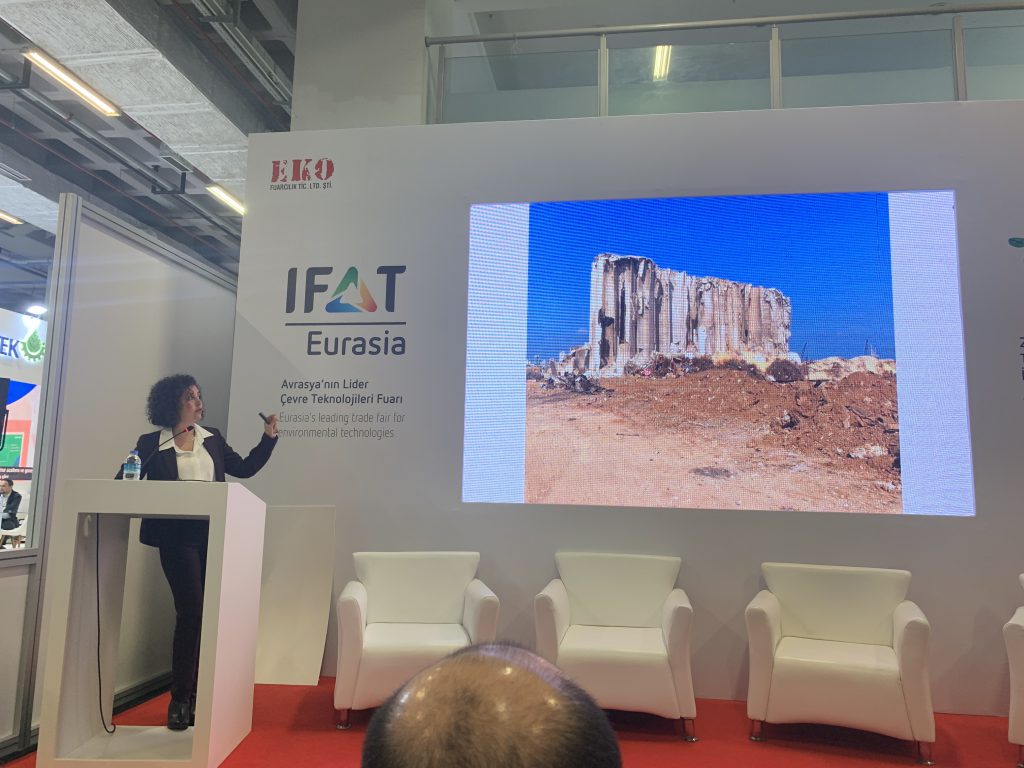
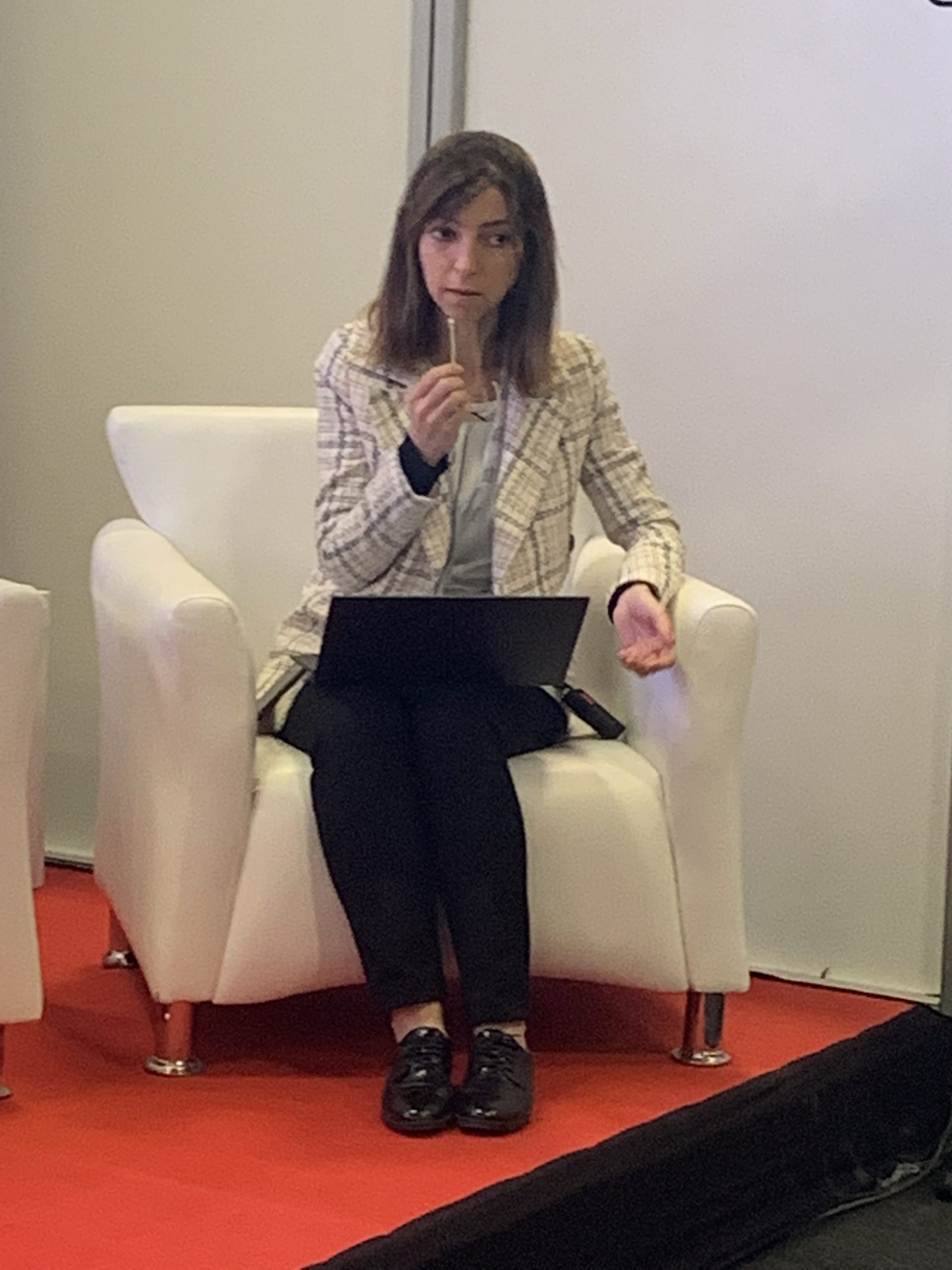
Ms. Esra Erdogan from the Ministry of Environment discussed the complexities of waste disposal, highlighting ongoing efforts to remove rubble and recover materials from the earthquake zones. Construction debris poses a significant challenge, and a board consisting of representatives from three universities is studying the issue of how to best deal with it and where it should be temporarily stored or disposed of as necessary. She mentioned that ‘twin’ cities have been helpful in relief efforts and transporting waste, and training from Japan has aided in addressing waste management concerns.
Istanbul Municipality representatives shared insights on their estimations on the necessary waste management capacity treatment space in case of another earthquake. There are also taking into consideration medical waste planning, drawing on lessons from the pandemic on the sudden increase of such waste during emergency situations. The need for landfill sites and an inventory of equipment for waste transportation and sorting was also discussed. In particular for medical waste, it was emphasized the importance of treating medical waste separately from other waste types, and to develop plans for scenarios that should include more open logistics areas.
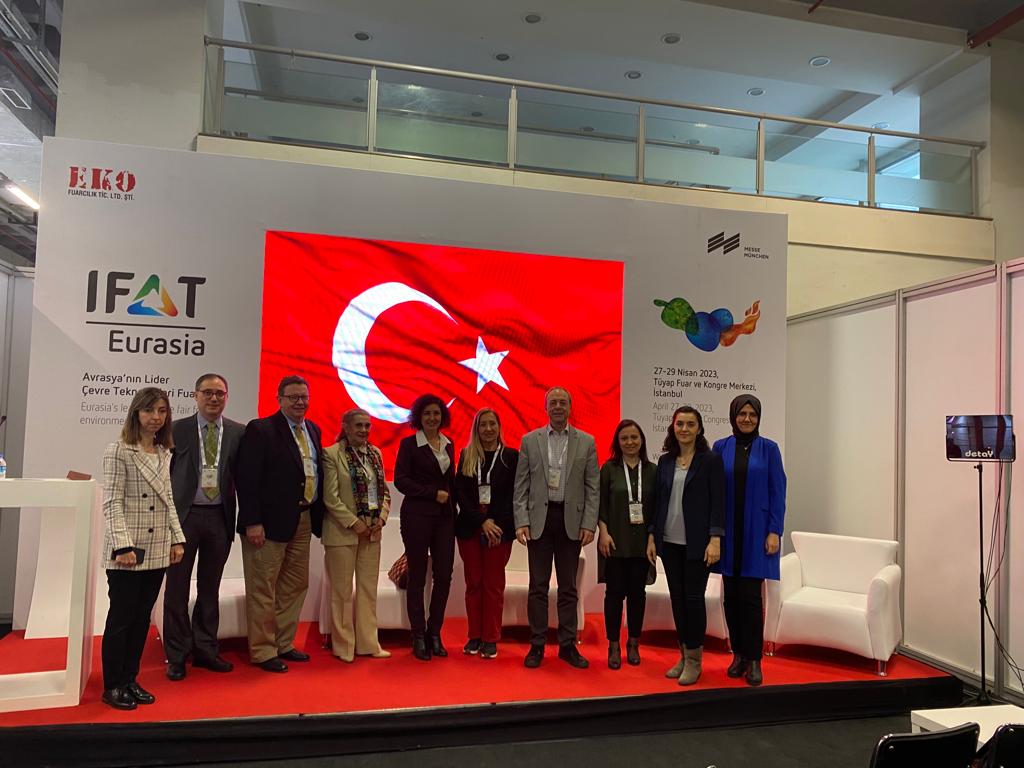
In response to an audience question about waste being transferred to protected nature sites, the environment ministry representative acknowledged that mistakes can be made in emergency situations with waste management coordination but emphasized the commitment to learning from these errors and correcting them. Dr. Sophia concluded the panel with the last question on community involvement by highlighting the importance of community communication and outreach in disaster waste management issues to ensure safety and that lessons learned in the past are carried on to future emergency situations. Continuous reminders and education for the population should be part of contingency planning moving forward.
ISWA would like to thank all the presenters and speakers involved in the panel session for their contributions and support in making this event possible. Special thanks to Dr. Tamer Ataburut from Bogazici University who moderated the panel, and Prof. Gunay Kocasoy for her opening statements as well as the support of the Turkish National Committee on Solid Wastes (ISWA National Member for Turkey) during the planning.

